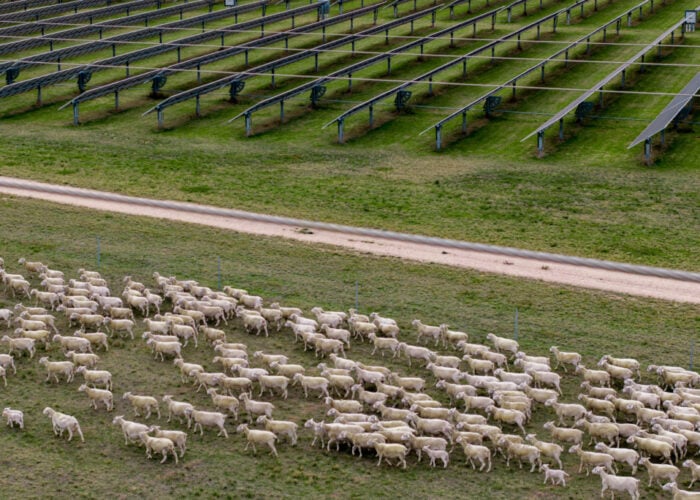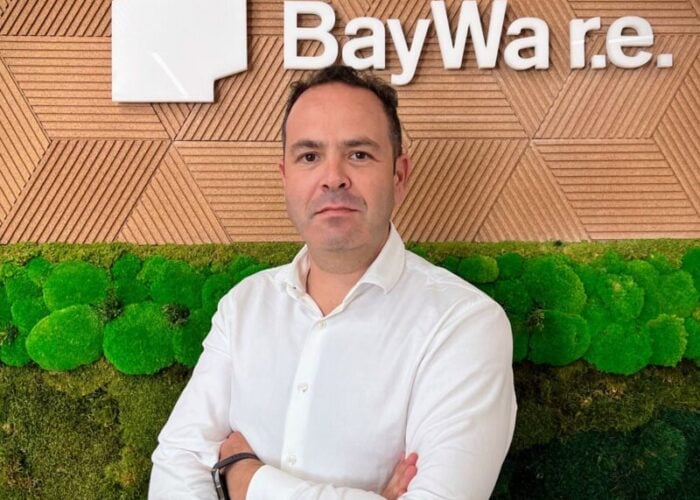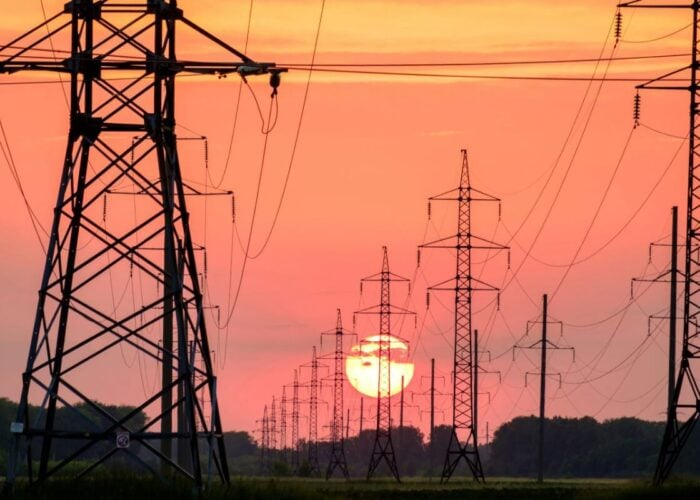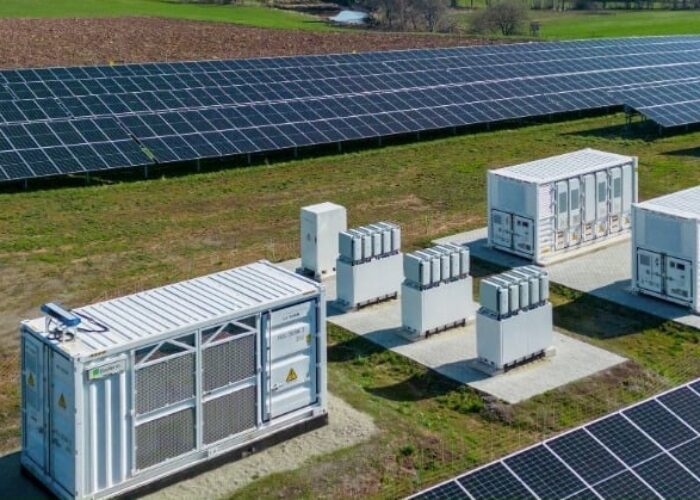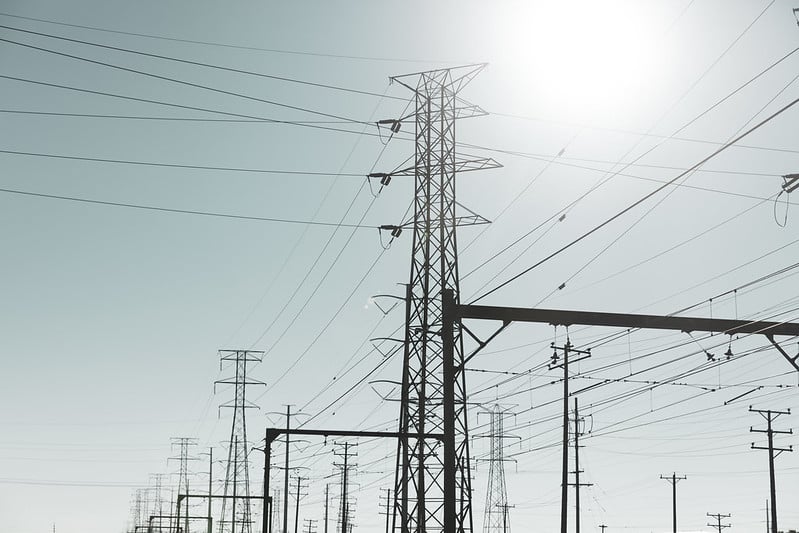
Incorporating deeper data analysis, and interpreting this data to identify new options for connectivity, could help to mitigate grid fluctuations as more intermittent renewable energy continues to come online, according to Anja Langer Jacquin, chief commercial officer of cleantech startup Depsys.
“We don’t know when the sun is going to shine and the wind will blow and so forth so it’s not just a matter of knowing that it’s there…you also have to try to anticipate how much impact it is going to have on your consumption and your production,” Jacquin said.
Unlock unlimited access for 12 whole months of distinctive global analysis
Photovoltaics International is now included.
- Regular insight and analysis of the industry’s biggest developments
- In-depth interviews with the industry’s leading figures
- Unlimited digital access to the PV Tech Power journal catalogue
- Unlimited digital access to the Photovoltaics International journal catalogue
- Access to more than 1,000 technical papers
- Discounts on Solar Media’s portfolio of events, in-person and virtual
Depsys told PV Tech that Distributed System Operators (DSOs) “need the skills” to digitise their operations in a way that would “change the underlying way in which they generate revenue as a business” and “serve customers with different types of services…to be competitive in the future”.
“There’s no doubt that they need to have these skills in house and need to understand what this means, because otherwise they will never change.”
Depsys develops technology for 40 grid operators in Europe and Asia. It provides data on voltage, current and power quality events, giving insight into the suitability of certain locations for decentralised renewable resources, and how that could affect a network’s power supply.
The company raised €11.6 million in a Series B funding round at the start of 2019, backed by new investors BNP Paribas and SET Ventures, to accelerate its international growth.
Last year, the startup offered a health check service to the DSOs it works with. It then released a report in December that found that more than 50% of customers “discovered critical points in their networks they were previously unaware of, including loading, voltage and power quality issues”.
It is not the only tech company partnering with grid operators to smooth the energy transition. The European Commission selected a consortium of research and development organisations earlier this month to increase solar’s penetration and improve grid stability. In Vietnam this week, data and software company Solargis was appointed by the National Load Dispatch Centre (NLDC) to evaluate and forecast production for over 140 solar power plants and 40 wind plants with a combined generation capacity of around 7.3GW.
Understanding the electricity grid’s potential, and limitations, has become a sticking point for much of the renewable energy sector as connection options can still be sparse. A study by UK network operator Western Power Distribution last year revealed that thousands of connected distributed energy resources, such as rooftop solar installations, were not acknowledged in its system, while the UK’s National Grid ESO has launched its own study to map out “invisible” solar panels on the country’s networks in order to improve forecasting.
Panellists at a Danish workshop as part of the Solar Finance & Investment Europe conference held by PV Tech publisher Solar Media last month heard that attempts to build up the country’s grid could create a “bottleneck” for more renewables projects coming online. During the talk Jens Peter Zink, executive VP at European Energy, said that providing “more flexible access to the grid” could alleviate some of the problems of more connection.
Joël Jaton, Depsys’ chief technology officer and co-founder, added that DSOs’ struggle to interpret loading, voltage and power quality issues could “increase every day” as more decentralised production comes online.
DSOs, he said, are “driving a car blindly because then they have no idea really what’s happening to the grid so up to now, they believed that everything is working well.
“But as we have more and more decentralised production and consumption, then the challenge increases every day.”

